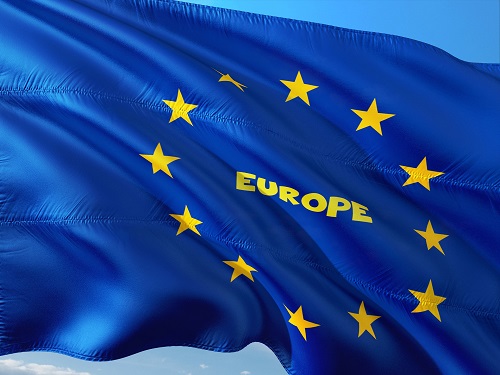
For the first time in its history, the EU has invoked Article 7, a provision of its constitution intended to censure and punish a member nation for violating European values. Just before Christmas, the European Commission took the first step in the process against Poland over a series of laws taken by the ruling Law and Justice (PiS) that it says threatens the independence of the judiciary. Ultimately, the EU could set out changes it expects Poland to make to its national laws or face sanctions and the loss of voting rights. Financial incentives may matter most to Poland, which is the largest recipient of the EU’s structural and cohesion funds.
Beneath the drama of the clash between the EU’s supranational government and Poland’s populist government lies a vital struggle for those who favor the rule of the law, according to Marek Tatala, the vice president of the Civil Development Forum (FOR Foundation, a pro-free market and pro-liberty think tank based in Warsaw. Tatala breaks down the government’s policies in a new essay at Acton’s Religion & Liberty Transatlantic website.
“Many of [the government’s] policies have been unconstitutional attempts to change or circumvent the Polish Constitution,” he writes. “Even without any criticism by the European Union or foreign institutions, this is something that should be opposed by Polish civil society as a violation of the principle of justice – something, as we shall see, that was spoken of by Pope John Paul II.”
Tatala explains the substance of the legal changes within the context of the Polish political landscape, dating back to the Law and Justice Party’s ascension to power in 2015. He details the exact legal mechanisms that changed, placing the judiciary increasingly under political control. This violates one of the most fundamental of all Western principles: the rule of law and the impartial administration of justice. He writes:
All these legal changes infringe upon the independence of the judicial system and encroach upon Polish citizens’ fundamental right to justice. As Pope John Paul II wrote in Centesimus Annus, in government “it is preferable that each power be balanced by other powers and by other spheres of responsibility which keep it within proper bounds. This is the principle of the ‘rule of law,’ in which the law is sovereign, and not the arbitrary will of individuals.” The Law and Justice Party’s policies shift all powers under the control of the arbitrary decisions of the ruling party’s leadership. As a respected advisory body of the Council of Europe, the Venice Commission, emphasized in its opinion on the matter, the changes proposed by the government “have a striking resemblance with the institutions which existed in the Soviet Union and its satellites,” despite the party’s anti-communist rhetoric.
However, Tatala believes that the real opposition to these legal changes must come from Polish citizens themselves. Poles must take the lead in preserving the rule of law – something that will also deprive the government of the ability to cast itself as a defender of Polish sovereignty against the EU mammoth state. The EU process may stall or be circumvented by Poland’s allies, such as Hungary, he writes:
But even without these steps, the Polish government’s role in the EU will be marginalized. Undermining the Polish position in the EU is bad foreign policy, weakening our influence on EU rules and future reforms. But most importantly, the Polish government’s policies are bad for Poland. Brussels will not do the job that Poles – including civil society, NGOs, opposition parties, entrepreneurs, lawyers, academics, and others – must do to defend the rule of law and the myriad of freedoms that are endangered when the rule of law is dismantled.
To be sure, reasonable people can disagree about the matter. The Polish government’s defiance of the EU on other policies, especially migration, likely plays an influencing role. But Tatala lays out an engaging and compelling case from inside Poland that demands consideration.
(Photo credit: Public domain.)

